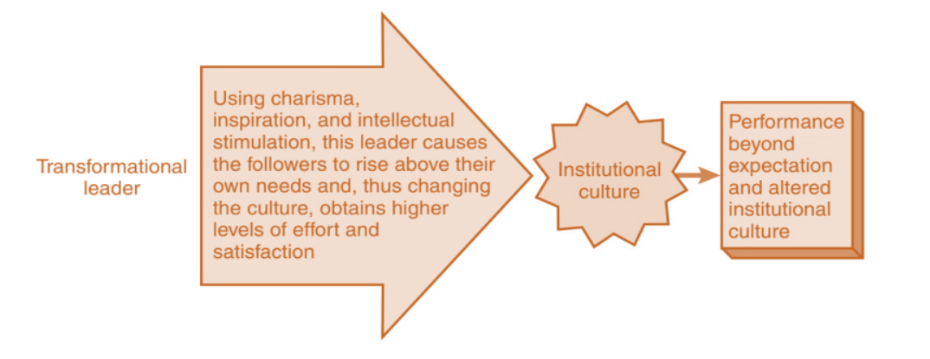Introduction
Leadership qualities play a fundamental role in managing healthcare processes effectively by providing safe and comfortable conditions for both nursing professionals and their patients. More specifically, servant leadership is a distinctive approach to nurturing the inner leader for each nurse practitioner in their medical practice. Servant leadership represents a nursing leader who puts people first when regulating the work environment and patient care. Such a leadership approach is grounded in skilled communication, compassionate collaboration, and moral authority (Huber, 2017). Therefore, a well-thought-out organizational nursing structure based on deeply cultivated servant leadership qualities is key to successful professional and health outcomes for the nurses and patients.
My leadership style, traits, and practices
According to the leadership skills test, my primary leadership quality implies the communicating vision (86/100). Based on the test results, I am capable of envisioning a clear direction for the healthcare organization where I work. Additionally, I am able to communicate all the crucial plans by enhancing the general engagement of my colleagues. The level of my personal magnetism is adequate for convincing people of the value and benefits of my professional ideas. The analyzed qualities define my transformational leadership style, wherein a leader motivates his followers to perform to their full potential and provides a sense of direction (Huber, 2017).
Therefore, it is a critical skillset to create a coherent and comfortable work environment to get all the co-workers involved in a collaborative process of achieving organizational and healthcare goals. Such skills also help keep the employees passionate and driven about their work and responsibilities. These qualities help me become an innovative visionary who is confident about the personal power to impact and persuade others. The people that I will lead in my future practice will be aware that they are an essential part of my vision.
Transformational leadership

Integrating the tenets of servant leadership: Benefits for Nurses
The main tenets of servant leadership practice in the nursing field are developed around the needs of the leader’s followers. More specifically, they include “authenticity, humility, integrity, listening, compassion, accountability, courage, and altruism” (Best, 2020, p. 130). A servant leader in nursing is, therefore, accountable for building relationships with the work team, empowering colleagues, as well as incorporating stewardship and compelling vision (Johanson, 2017). Servant leadership is the philosophy of serving others. A servant leader must develop his/her vision, listen and learn before speaking, envision and invest in others’ significance, share his/her power, and build community by cultivating strategic relationships (Fahlberg and Toomey, 2016, p. 50).Characteristics of SL are peculiar to nursing leaders who speak out, volunteer, and advocate, which reinforces nurses’ value and contribution to the successful and efficient healthcare practice.
Servant leadership (SL) is a modern approach in nursing practice representing a leader who serves others first before acting as a leader. A servant leader demonstrates care and concern for others (Johanson, 2017). Such leaders ensure that it is a primary task to serve the highest-priority needs of people they guide through their work practice. The SL model substantially enhances the personal growth of nurses, improves the quality of care, values teamwork, and facilitates personal involvement and caring behavior (Huber, 2017). Moreover, key SL dimensions can develop robust exchange relationships between nurse managers and individual subordinates.
Conclusion
Servant leadership is an essential contemporary approach to leading successful nursing practice and achieving satisfactory results both for colleagues and patients. Based on the analyzed tenets and main principles of SL, such leadership qualities adequately align with the skills and values required for nurses. Nurses can considerably benefit from integrating the tenets of servant leadership to empower and influence others as they lead. It is a primary task for a servant leader to put people in the first place, as well as a nurse does to his/her patients. Most importantly, servant leadership contributes to building a coherent community, sustainability, and a clear vision.
References
Best, C. (2020). Is there a place for servant leadership in nursing? Practice Nursing, 31,128-132. Web.
Fahlberg, B., & Toomey, R. (2016). Servant leadership. Nursing, 46(10), 49–52. Web.
Huber, D. (2017). Leadership and nursing care management – E-Book. Elsevier Health Sciences.
Johanson, L. (2017). Building effective medical missions with servant leadership skills. Journal of Christian Nursing, 34(2), 122–126. Web.